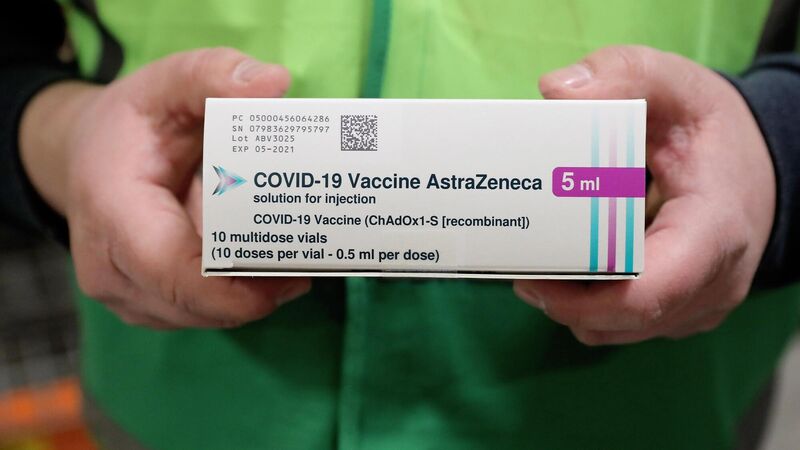Fergus Finlay: There is real hope — just don't let economists knock us off the right track

Even as the greatest vaccine programme we’ve ever seen gets underway, more people are going to die, and more families are going to suffer. It even seems a bit cruel to be talking about hope in that context.
There’s hope now, isn’t there? Hope. Let me hasten to add, I’m not talking about the hope I felt ten minutes from the end of our match against Wales on Sunday. That was real — edge of the seat stuff — but in the end unfounded. A couple of unforced errors and that was the end of that. A heroic effort, but fruitless in the end.
Now I have to live with the further hope that we can beat England, Wales and Italy, and that Scotland saw their win against the old enemy as their Grand Slam. No more out on the full, lads!












